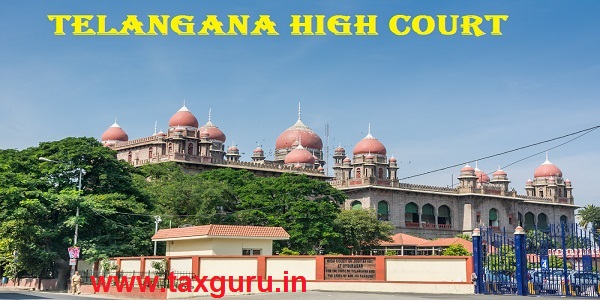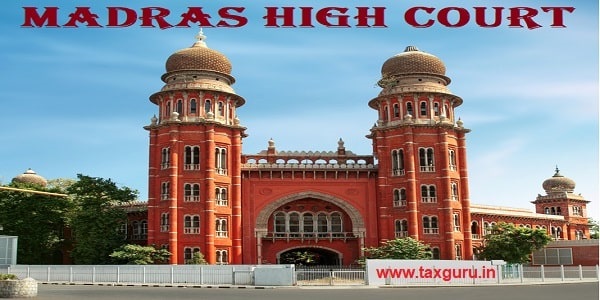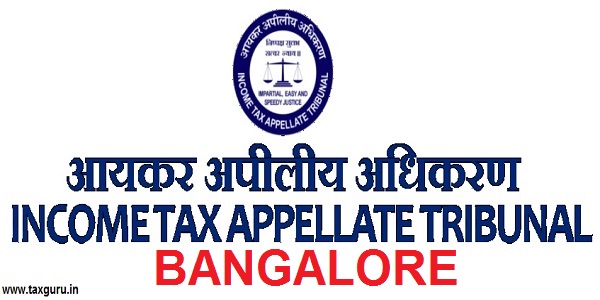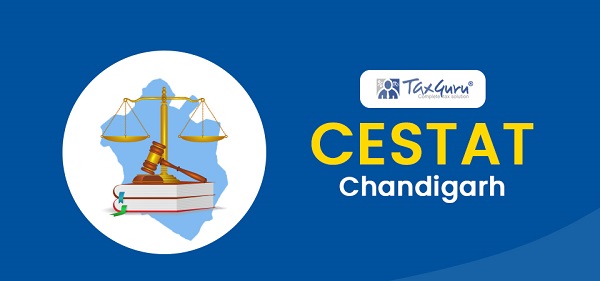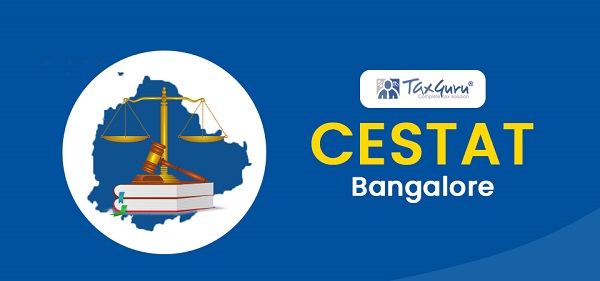Case Law Details
IN THE HIGH COURT OF KERALA AT ERNAKULAM
Date: 10th NOVEMBER 2014
WP(C). No. 11716 of 2010 (L)
M/s SURYA CONSTRUCTIONS
By Advs.Sri.Harisankar V. Menon Smt. Meera V.Menon
Vs
1. COMMERCIAL TAX OFFICER (WC & LT)
2. STATE OF KERALA
[By Government Pleader Smt. Lilly K.T.]
PRESENT
THE HONOURABLE MR. JUSTICE A.K.JAYASANKARAN NAMBIAR
A.K.JAYASANKARAN NAMBIAR, J.
J U D G M E N T
The petitioner is a works contractor who was awarded a contract by BPCL. The gross amount of the contract was Rs.6,17,70,494.90. The petitioner got the said work executed through a sub contractor on the basis of Ext.P2 agreement. The amount paid to the sub contractor as per the said agreement was Rs. 5,71,77,732/-.
By virtue of Ext.P2 agreement, the entire work that had to be executed as part of the works contract was sub contracted to the sub-contractor and, therefore, no portion of the work was executed by the petitioner. By Ext.P3 letter, the petitioner approached the 1st respondent for the issuance of a liability certificate in Form 20B of the Kerala Value Added Tax Rules. This certificate was required to enable the petitioner to get release of an amount of Rs.45,92,762.90 from the awarder. The amount represented the profit of the petitioner from the transaction and the certificate was required to show that the petitioner has discharged his tax liability, if any, to the Department in respect of the said sum. Although it was the case of the petitioner that he was not liable to pay any tax in respect of this amount of Rs. 45,92,762.90 since the said amount represented only his profit from the transaction, the petitioner paid tax on the said amount so that he could get the Form 20B certificate from the department, as a prerequisite for obtaining a release of the principal amount of Rs.45,92,762.90 from the awarder of the contract. The request of the petitioner was initially turned down by the 1st respondent on the ground that the petitioner had to pay the tax amount on the profit retained by him. Although the petitioner had preferred Ext.P4 objection before the 1st respondent, the 1st respondent did not accept the contention of the petitioner and proceeded to issue Ext.P5 demand for tax on the said amount of Rs. 45,92,762.90. Thereafter the petitioner submitted Ext.P6 objection to the demand but then effected a payment of the tax amount under protest through Ext.P7 communication to the 1st respondent. It was thus that he got Ext.P8 liability certificate in Form 20B which he submitted before the awarder of the contract and obtained release of the principal amount of Rs.45,92,762.90. In the writ petition, the petitioner impugns Exts.P5 and P8 to the extent it demands tax from the petitioner, on the sum of Rs. 45,92,762.90 that was received by him in connection with the transaction with BPCL, the awarder of the work. The petitioner also seeks a direction to the 1st respondent to refund the amount of Rs. 5,79,836/- that was collected from him by way of tax on the profit amount that was derived by him.
2. A counter affidavit has been filed on behalf of the 1strespondent wherein it is stated that the petitioner had obtained a Form 20B certificate from the respondent in respect of the amount of Rs.45,92,762.90. It is pointed out that while seeking a Form 20B certificate, the petitioner had indicated that the amount of Rs.45,92,762.90 represented the cost of establishment charges and profit for supplying labour and services. This, according to the respondent, was not a permissible deduction under Rule 10(2)(a) of the Kerala Value Added Tax Act, 2005. It is also submitted that on account of Circular No.5/2006 dated 11.1.2006, the petitioner would be liable to pay tax even on the profit made out of a contract.
- I have heard Sri. Harisankar V. Menon, the learned counsel appearing on behalf of the petitioner as also Smt.Lilly.K.T., the learned Government Pleader appearing on behalf of the respondents.
-
On a consideration of the facts and circumstances of the case as also the submissions made across the Bar, I note that in a case where there is an agreement between an awarder and a contractor and the entire work under the contract is sub contracted to a sub contractor by the main contractor, the execution of the work then involves a transfer of material, in the course of execution of the works contract, directly from the sub contractor to the awarder of the contract. The decision of the Honorable Supreme Court in State of Andhra Pradesh and Others v. Larsen & Tourbo Ltd. and Others[(2008) 17 VST 1(SC)] is an authority for this proposition. At paragraph 19 of the said decision, it is stated as follows:
“19. If one keeps in mind the above quoted observation of this court in the case of Builders Association of India [1989] 73 STC 370 the position becomes clear, namely, that even if there is no privity of contract between the contractee and the sub-contractor, that would not do away the principle of transfer of property by the sub-contractor by employing the same on the property belonging to the contractee. This reasons is based on the principle of accretion of property in goods. It is subject to the contract to the contrary. Thus, in our view, in such a case the work executed by a sub-contractor, results in a single transaction and not multiple transactions. This reasoning is also borne out by section 4(7) which refers to value of goods at the time of incorporation in the works executed. In our view, if the argument of the Department is to be accepted it would result in plurality of deemed sales which would be contrary to article 366(29A)(b) of the Constitution as held by the impugned judgment of the High Court. Moreover, it may result in double taxation which may make the said 2005 Act vulnerable to challenge as violative of articles 14, 19(1)(g) and 265 of the Constitution of India as held by the High Court in its impugned judgment.”
Thus, on the facts of the instant case, it would be clear that, when the petitioner had sub contracted the entire work and also obtained the Form 20H certificate from the sub contractor who undertook to discharge the tax liability in respect of the entire work that was sub contracted, the amounts retained by the petitioner, from out of payments made by the awarder of the contract, represented only the profit element that accrued to the petitioner in his capacity as the main contractor. It is not in dispute in the instant case that the tax liability in respect of the work that was sub contracted was not due from the petitioner in his capacity as the main contractor. In fact the very demand against the petitioner is only on the amount of Rs.45,92,762.90 that was retained by him towards profit under the transaction with the awarder of the contract. In that view of the matter, there was no liability on the petitioner in terms of the Kerala Value Added Tax Act since there was no sale of material in the course of execution of works contract that emanated from the petitioner to the awarder of the contract. In the absence of any taxable event under the Kerala Value Added Tax Act, the respondent could not have demanded tax on the amounts retained by the petitioner as profits arising out of the transaction in question. The demand of tax on the amount of Rs.45,92,762.90 from the petitioner is thus illegal and liable to be set aside, based on the judgment of the Supreme Court referred to above. Resultantly, I quash Exts.P5 and P8 to the extent they demand tax on the amount of Rs.45,92,762.90 from the petitioner. The respondents are directed to refund the tax amount to the petitioner or, in the alternative, give credit to the said amount in the return submitted by the petitioner for future periods.
The writ petition is accordingly disposed.
Read Analysis of above Judgment – Sub-contract of Work awarded – No VAT liability on Main contractor







